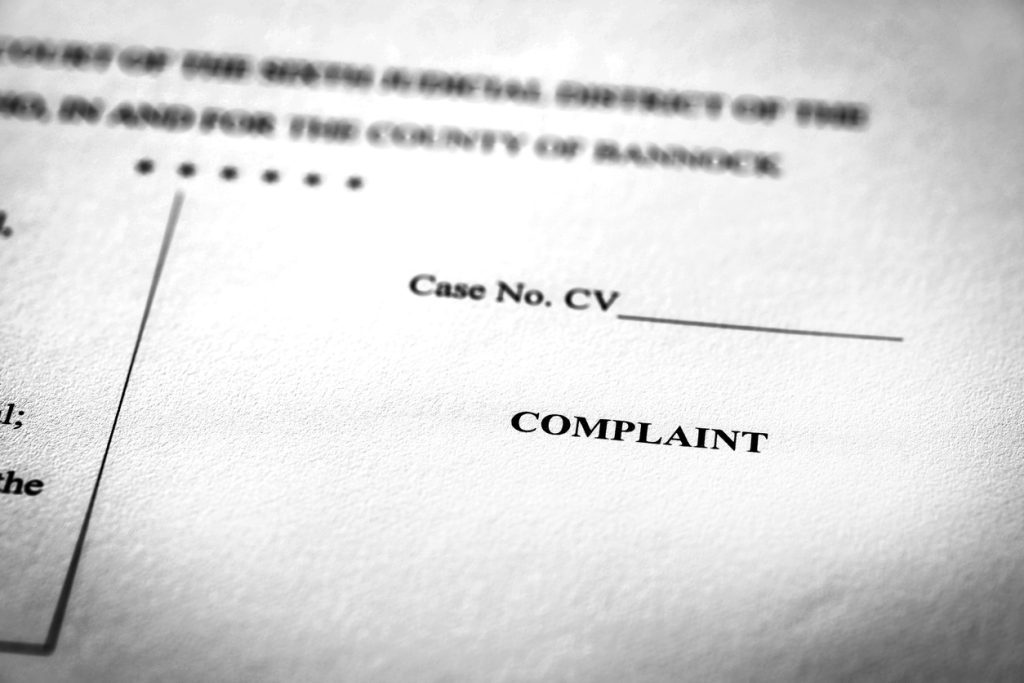Every week, Interrogating Justice and How to Justice receive questions about First Step Act (FSA) time credits. Usually, these questions deal with the BOP’s calculation (or lack thereof) of FSA time credits. Unfortunately, we still don’t know the best way to challenge the BOP’s calculation of FSA time credits. But we do know one thing: before you go to court, you need to exhaust your administrative remedies.
What does it mean to exhaust your administrative remedies?
Before filing a petition for a writ of habeas corpus under 28 U.S.C. § 2241, federal prisoners must exhaust their administrative remedies. This means that incarcerated people in BOP custody must complete all of the BOP’s grievance process before they may file a lawsuit. This “exhaustion requirement” gives the BOP an opportunity to correct its own mistakes before burdening federal courts with prisoner claims.

Specifically, federal prisoners must complete four separate steps before filing a lawsuit in federal court.
Step One:
You must try to resolve a dispute informally with BOP staff.
Step Two:
If information discussions don’t solve the issue, you must file a BP-9 with your facility’s warden. Then you must wait at least 20 days for the warden to respond.
Step Three:
If you are not satisfied with the warden’s response (or lack thereof), you must file a BP-10 with the regional director. Then you must wait at least 30 days for the regional director to respond.
Step Four:
Finally, if you are not satisfied with the regional director’s response (or lack thereof), you must file a BP-11 with the BOP’s general counsel. Then you must wait at least 40 days for the general counsel to respond.

After all four of those steps, then, and only then, can you file a petition for a writ of habeas corpus under 28 U.S.C. § 2241, challenging the BOP’s calculation of your FSA time credits. You must complete all four of these steps, and you must do each of them properly. If you complete the steps but your filings don’t show up in the BOP’s system, federal courts will likely trust the BOP’s word instead of yours.
What happens if you don’t exhaust your administrative remedies?
If you don’t exhaust your administrative remedies, almost every federal court will automatically dismiss your petition for a writ of habeas corpus under 28 U.S.C. § 2241 without determining whether your claims have merit or not. Put another way, if you don’t exhaust your administrative remedies, you will lose your “day in court.” Once that happens, you have to start the process all over again.
The Takeaway:
The BOP’s implementation of FSA time credits has been a mess. Every week, we hear from someone who has not received the FSA time credits they’ve earned or from someone who received some — but not all — of their FSA time credits. As of now, it’s hard to know the best way to handle those situations. One thing, however, is crystal clear: you need to exhaust your administrative remedies.






